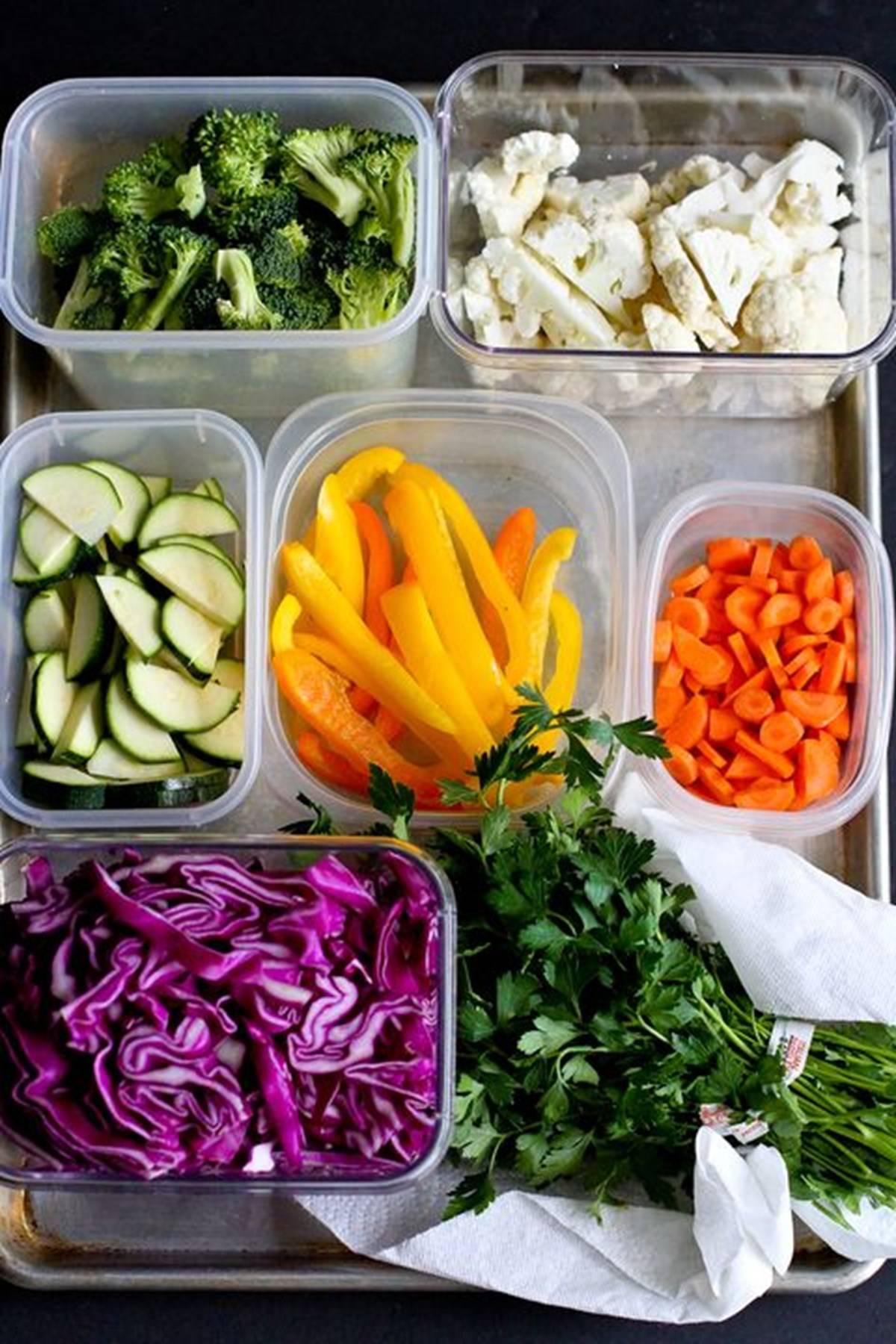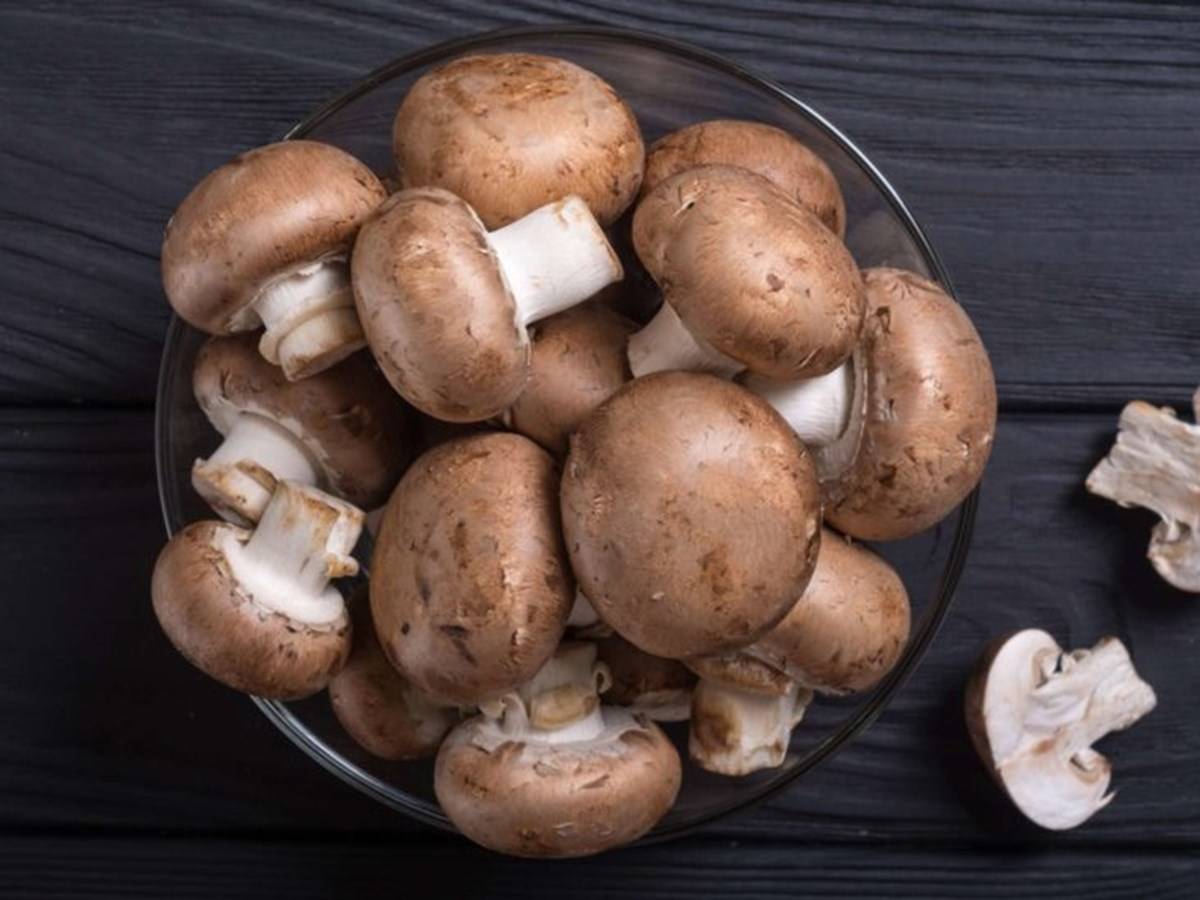
The showers of monsoon are finally here to bless the whole country and provide us the much-needed relief from the scorching heat of summer. The temperature has gone down and the weather is immaculate, and with beautiful weather arises our desire to hog on hot, greasy, fried food.
We enjoy the monsoon because it provides us with a wide variety of foods to eat. To make the most of the season, we must always follow safety rules. Because monsoon brings moisture, it's a well-known truth that it promotes bacterial growth. Keeping food secure and dry becomes critical during the monsoon season.
During the monsoon, we should eat veggies and store them properly to maintain food safety. It's critical to keep an eye on food safety, as the season brings with it plenty of health issues. Fruits and vegetables become infected and deteriorate quickly during this time. Infections and diseases are spread by eating such items.
You need to be extra careful during the monsoon when it comes to buying and storing vegetables. There is a different way to pick & store vegetables available in the market.
Here is a list of how to buy and store vegetables during the rainy season.
Green Vegetables
Green veggies like coriander, spinach, and broccoli are essential and nutritious. When purchasing these vegetables, however, choose those that are bright green in color, crisp, and fresh. Green veggies should be consumed as soon as they arrive at your home. If you can't keep them in the fridge for a week, then:
-
Trim the roots and soak the vegetables for a bit in a bucket of water.
-
Wrap all of the vegetables in a cloth or a paper towel to absorb any extra moisture.
-
Keep your vegetables in a plastic vegetable storage bag.
-
Make sure to store them in the refrigerator's vegetable drawer to preserve their freshness.
Potatoes & Onions
Potatoes & Onions are staples in Indian kitchens and it’s the fact that many of us buy them in bulk.
Onions with dry, shiny, and tissue-like thin skin are best for purchase. And, when it comes to potatoes, you should buy one with no spots. You should avoid potatoes that have sprouts and those that are too old.
It is important to keep potatoes & onions in a dry & cool place to prevent them from being sprouted. You should never keep them in the fridge as it can take away the flavor of the veggies. You can store them in a regular basket. And, if you want your potatoes to last for a longer time, store them in a paper bag.
Green Peas
Green peas are no longer a winter vegetable. It is now available all year. The best way to store green peas is in the fridge. You can peel them & store them in a plastic box and place in freezer.

Carrots & Beetroot
Carrots and beets are excellent root vegetables for our health. When purchasing these, ensure that the skin is smooth and free of bruises.
These root veggies should be kept in a cool environment. You can store them in the refrigerator. If you're using a plastic storage bag, poke a few holes in it and keep the vegetables inside. These are only good for 2 to 3 weeks. You should not wash these vegetables before using them because it will reduce their crispness.
Other Vegetables
The other commonly used vegetables such as eggplants, cucumber, green onions, and ladyfinger should be purchased fresh and must be consumed as soon as possible. If you wish to store these veggies; you can use a plastic bag or cloth towel. This will keep the freshness intact.
Vegetables to Avoid During Monsoon Season
-
Mushrooms grow in the soil and have a lot of bacteria growths on them. One should avoid eating mushrooms during the monsoon season.
-
A lot of vegetables are available in the market during the monsoon season are at risk of getting contaminated. You should try to avoid mushrooms as much as you can. Leafy vegetables like spinach and fenugreek leaves attract a lot of moisture during the monsoon, you should avoid them too.
-
If you buy cut vegetables, which is available in market, then avoid them during monsoon, because cut vegetables attract many germs.
-
Vegetables such as cauliflower and cabbage should also be avoided, as these have a lot of layers and can have insects in them.
Also Read: 4 Most Important Tips to Stay Healthy in Monsoon









